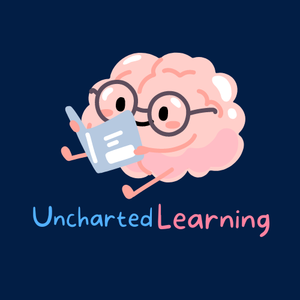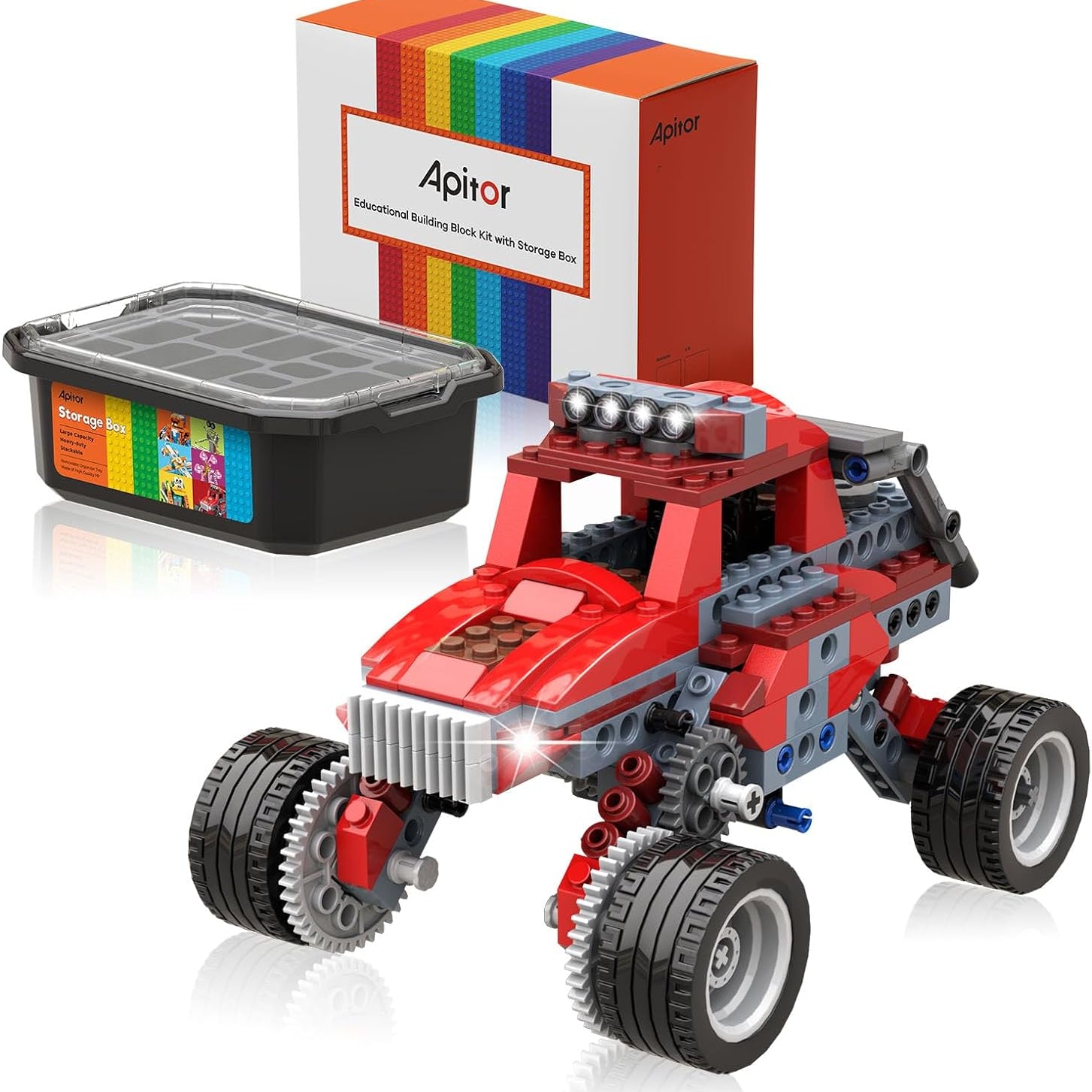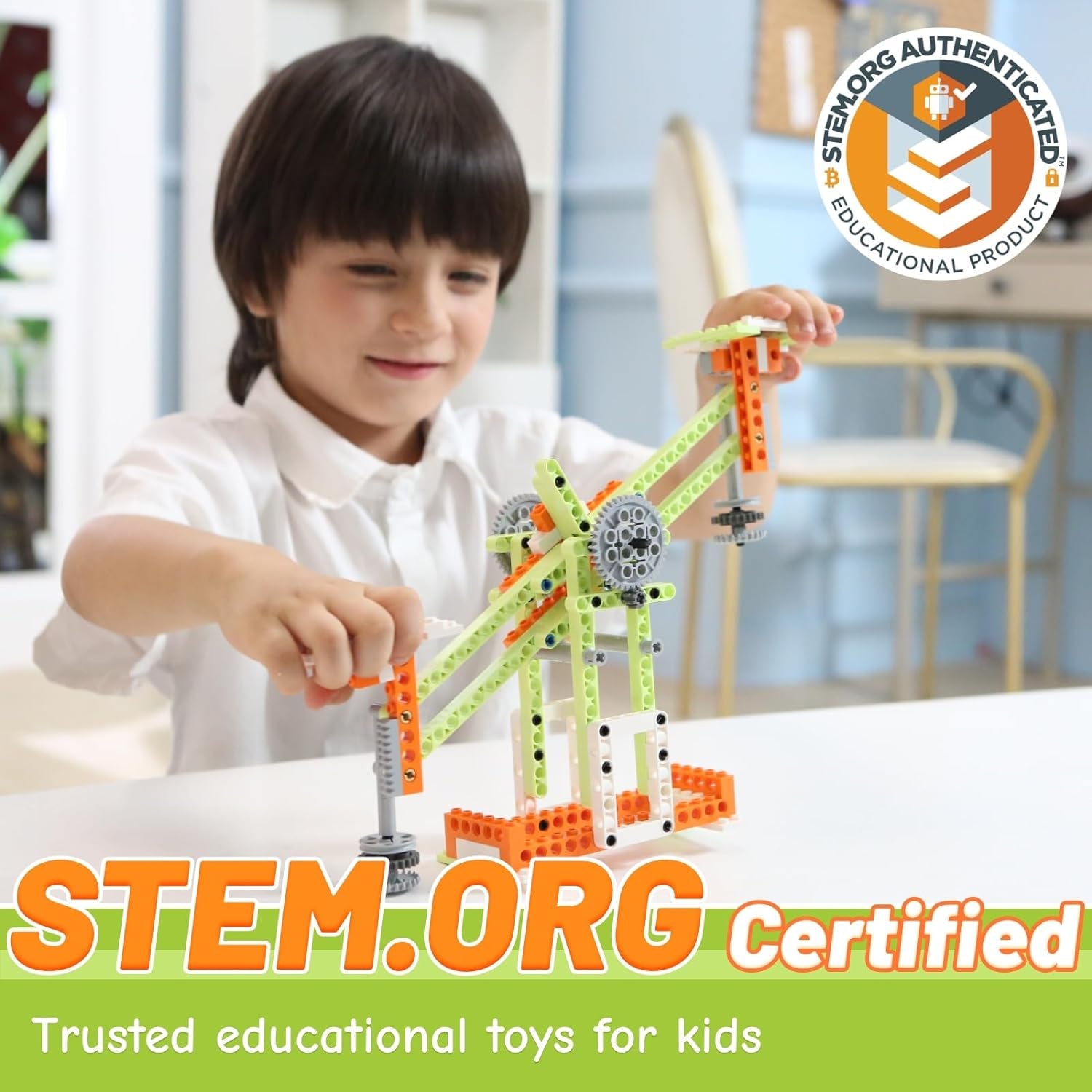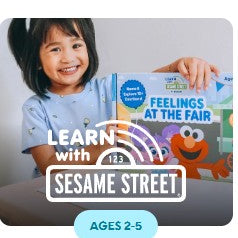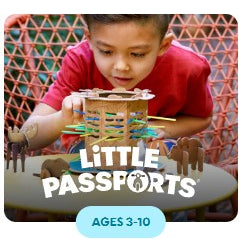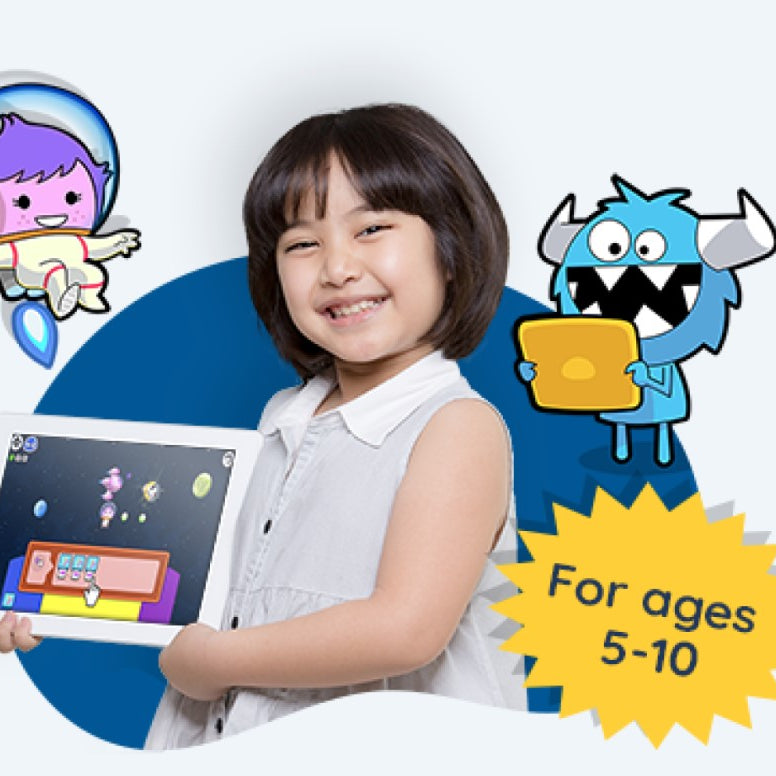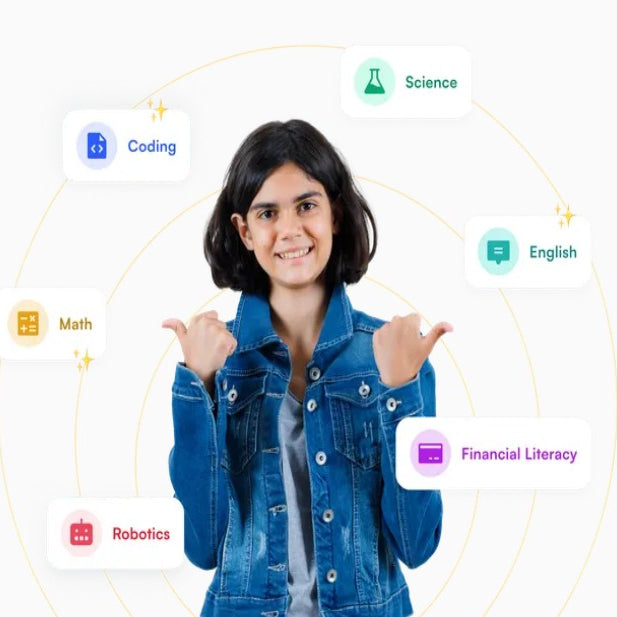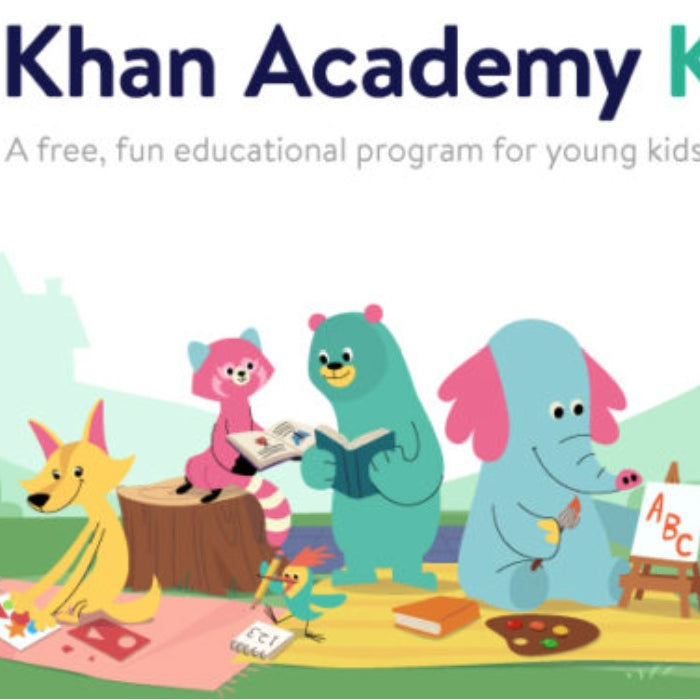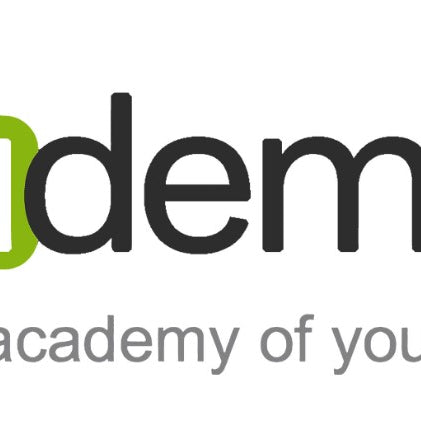Homeschooling has become an increasingly popular educational choice, offering families the flexibility to choose between structured curriculums and a more unstructured, child-led approach known as unschooling. Each method comes with its own set of advantages and challenges, catering to different learning philosophies and family dynamics.
These links may support our future content (thanks for your click!).
Homeschooling Curriculums:
Pros:

Cons:
 1. Lack of Flexibility: Homeschooling curriculums may lack the flexibility that some families desire. Strict adherence to a set schedule and curriculum might not accommodate the unique learning styles of all children.
1. Lack of Flexibility: Homeschooling curriculums may lack the flexibility that some families desire. Strict adherence to a set schedule and curriculum might not accommodate the unique learning styles of all children.Unschooling:
Pros:
 1. Child-Led Learning: Unschooling allows children to follow their interests and passions. This child-led approach promotes a love for learning, as education becomes a natural extension of their curiosity.
1. Child-Led Learning: Unschooling allows children to follow their interests and passions. This child-led approach promotes a love for learning, as education becomes a natural extension of their curiosity.Cons:
 1. Lack of Structure: The absence of a formal curriculum may leave gaps in a child's education. Some essential subjects or skills might be overlooked if not actively pursued by the child.
1. Lack of Structure: The absence of a formal curriculum may leave gaps in a child's education. Some essential subjects or skills might be overlooked if not actively pursued by the child.In conclusion, the choice between homeschooling curriculums and unschooling depends on the individual needs and preferences of the family. Finding the right balance between structure and flexibility is crucial to creating a positive and effective learning experience for homeschooling children.
Embracing the Journey of Homeschooling Embarking on a homeschooling journey allows families to design an educational path that genuinely reflects their values and the unique needs of their children. This customized approach enables students to thrive on their own terms, often leading to a deeper, more personal engagement with learning. Homeschooling, in any form, encourages families to grow together, share experiences, and discover the world through a lens of curiosity and openness.
Community Engagement and Resources The homeschooling community is rich with resources and support, making it easier for families to embark on this personalized educational journey. Numerous online platforms, local groups, and educational co-ops offer workshops, activities, and networking opportunities that enrich the homeschooling experience. These communities can provide valuable guidance and support, especially for those new to homeschooling.
Future Prospects and Adaptability The skills gained through homeschooling, such as adaptability, problem-solving, and independent learning, are invaluable in today’s ever-changing world. These competencies prepare children not only for academic success but also for life’s many challenges. Homeschoolers often develop a lifelong love of learning, which is perhaps the most significant outcome of all.
By integrating both structured and unstructured learning approaches, families can provide a well-rounded education that fosters academic proficiency, personal growth, and a resilient, adaptable mindset. Whether through structured curriculums or the freedom of unschooling, the ultimate goal remains the same: to nurture informed, capable, and compassionate individuals.
